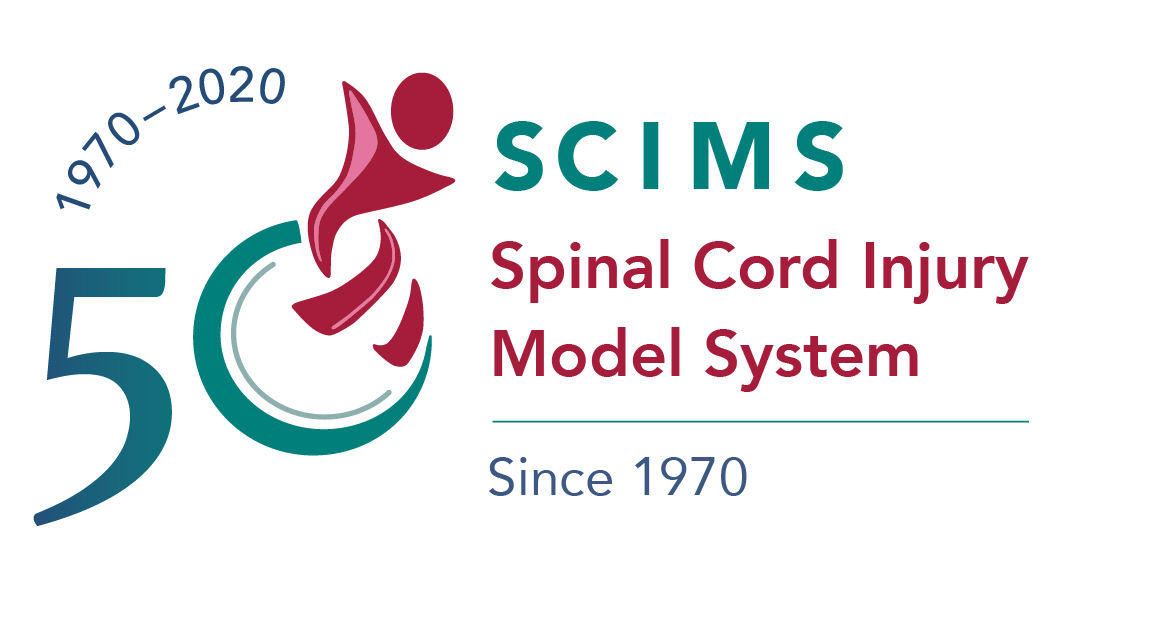
History
The Spinal Cord Injury Model System (SCIMS) program was started in 1970 to improve the care and outcomes for people with spinal cord injury (SCI). To accomplish this, Dr. John Young obtained a Federal grant to demonstrate the importance of comprehensive and integrated SCI care. Since then, the SCIMS program has grown from one model system center in Phoenix, Arizona, to a network of more than 31 different centers in the United States that have received recognition as SCI Model System Centers over the life of the program.
Mission
SCIMS centers provide a multidisciplinary and comprehensive system of rehabilitation care, ranging from emergency services through rehabilitation and reentry into full community life. These centers also conduct research, provide education, and disseminate information with the goal of improving long-term functional, vocational, cognitive, and quality-of-life outcomes for people with SCI. Currently, the SCIMS program consists of 14 centers funded by the National Institute on Disability, Independent Living, and Rehabilitation Research (NIDILRR).
Research
The SCIMS program is celebrating 50 years of high-quality research in the following areas:
- neurological recovery
- medical rehabilitation
- health and wellness
- technology
- short- and long-term interventions
- health systems research
- psychosocial factors
- quality of life
Each SCIMS center carries out its own site-specific research projects and collaborates with other centers on module research projects. You can learn more about the many SCIMS research projects here. For more information about each center’s research projects, please visit our SCIMS directory here.
Accomplishments
The SCIMS program has made significant advancements in SCI care and research. Over the past 50 years, it has:
- Determined trends in SCI demographics, causes, and severity
- Informed creation of national and international standards for the assessment, treatment, and management of persons with SCI
- Illustrated the course of recovery, health service delivery and costs, treatment, and rehabilitation outcomes
- Significantly broadened the scope of SCI research to include social determinants of health, physical and psychological functioning, and technology
- Created and maintained the National SCI Database, the largest in the world for research on SCI
Using SCIMS Research to Support People with SCI
The SCIMS program also collaborates with the NIDILRR-funded Model Systems Knowledge Translation Center (http://www.msktc.org) to develop evidence-based SCI resources and promote the adoption of research findings by stakeholders including rehabilitation professionals, policymakers, and individuals with SCI and their family members. For more info, please visit https://msktc.org/sci.